American history is filled with moments that have changed the course of the nation. From revolutionary battles to civil rights movements, each event has had a profound impact on shaping the country’s identity and values. These moments don’t just affect the people of the time; they leave a legacy that still influences modern-day America in unexpected ways.
Looking back at the 17 biggest events in American history offers a chance to reflect on the milestones that have defined the nation. It’s a mix of triumphs, struggles, and moments of reckoning that helped build the complex society we live in today. By understanding these key events, we gain a deeper appreciation for the challenges and successes that have shaped the American story.
The American Revolution (1775-1783)
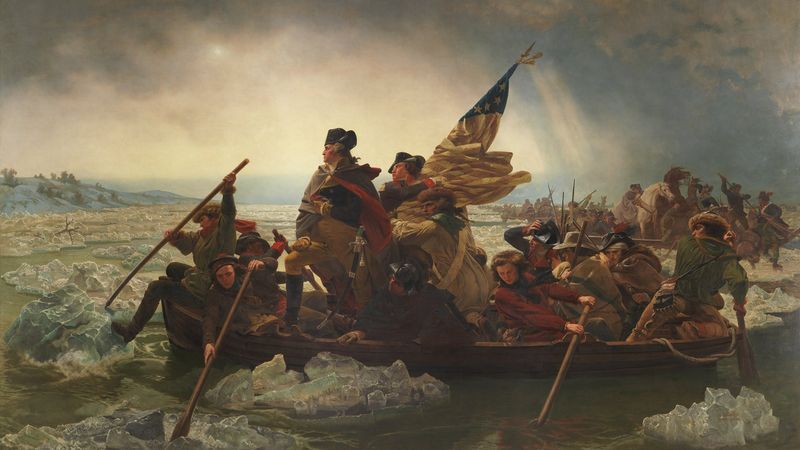
The American Revolution was a seismic event in the 18th century that redefined freedom in the modern world. It was a political upheaval in which the Thirteen American Colonies broke free from British rule. George Washington, as a prominent leader, played a crucial role in winning the independence.
The conflict was marked by significant battles, including the Battle of Bunker Hill and the Siege of Yorktown. The Declaration of Independence was a groundbreaking document that articulated the colonies’ determination. The revolution was not only a fight for freedom but also a foundation for democratic ideals and the birth of a new nation.
The Louisiana Purchase (1803)
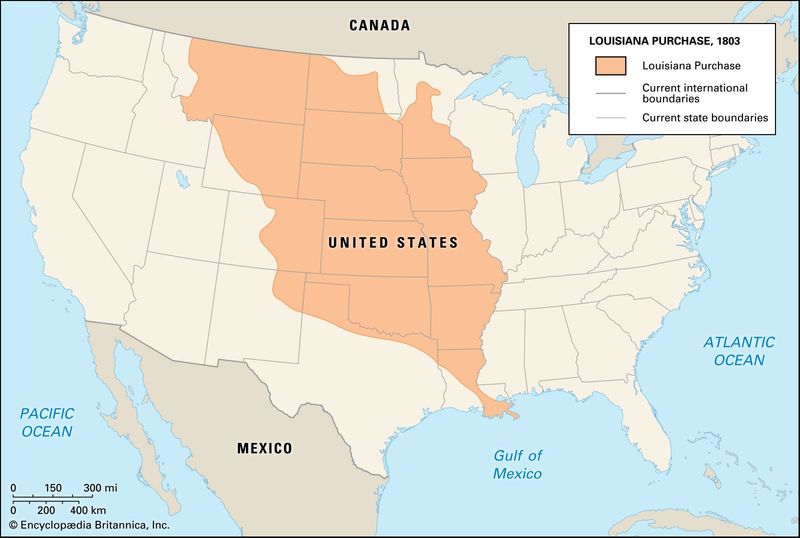
In 1803, the United States made a historic acquisition known as the Louisiana Purchase. This land deal with France, under Napoleon Bonaparte, doubled the size of the nation. President Thomas Jefferson orchestrated the purchase, showcasing his vision for American expansion.
The acquisition included territory from the Mississippi River to the Rocky Mountains. This immense tract of land opened opportunities for westward expansion and economic growth. The Louisiana Purchase stands as a testament to strategic diplomacy and the country’s manifest destiny, reshaping the American landscape and paving the way for future development.
The Civil War (1861-1865)
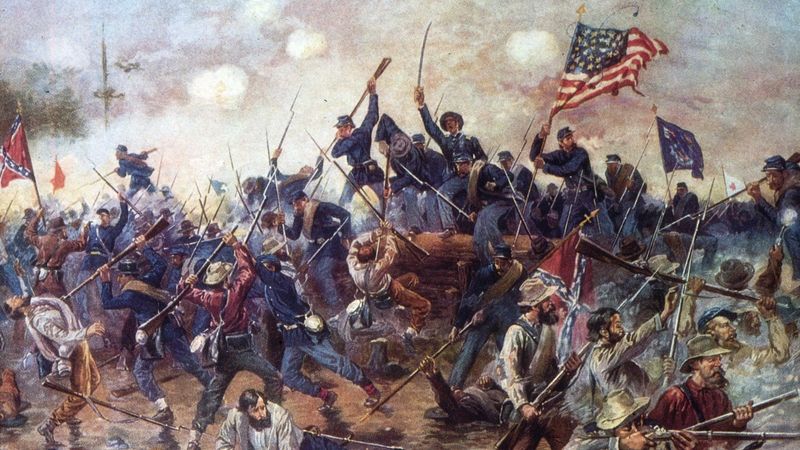
The American Civil War remains one of the most defining conflicts in the nation’s history. It was fought between the Northern states (Union) and Southern states (Confederacy) over issues like slavery and state rights. Abraham Lincoln’s leadership was instrumental during this tumultuous period.
Major battles such as Gettysburg and Antietam are etched in the annals of history. The war’s outcome led to the abolition of slavery and the preservation of the United States as one nation. Its legacy is profound, impacting social justice and civil rights movements for generations to come.
The Emancipation Proclamation (1863)
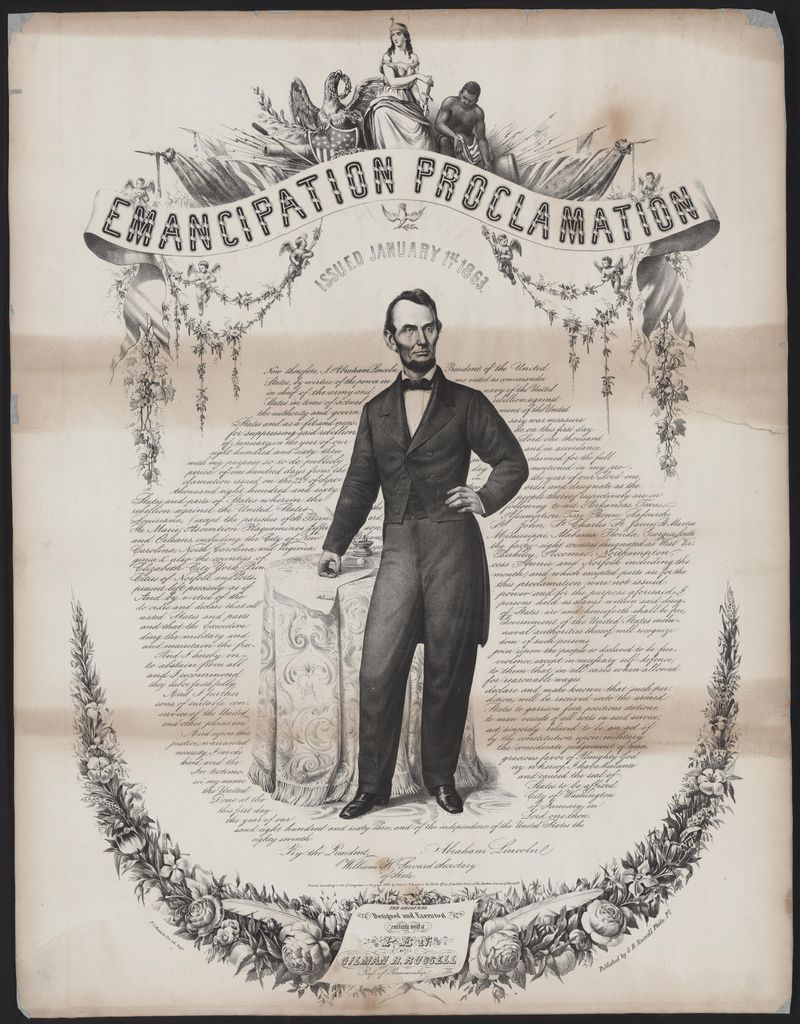
The Emancipation Proclamation was a landmark decree by President Abraham Lincoln during the Civil War. Issued on January 1, 1863, it declared the freedom of all enslaved people in Confederate-held territory. It was a strategic move aimed at weakening the Confederacy while aligning the war effort with the moral cause of abolition.
Though it did not immediately free all enslaved individuals, it was pivotal in changing the war’s nature. The proclamation laid the groundwork for the 13th Amendment, which ultimately abolished slavery throughout the United States. It remains a symbol of justice and equality.
The Transcontinental Railroad (1869)
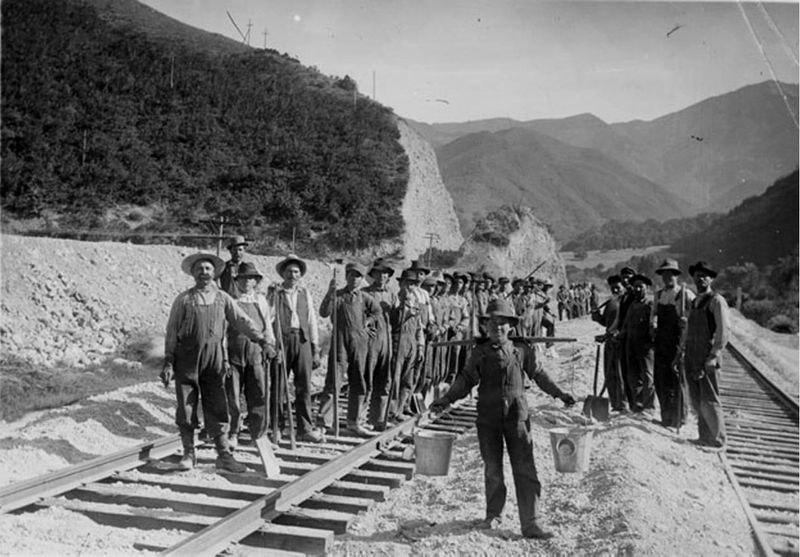
The completion of the Transcontinental Railroad in 1869 was a monumental achievement that transformed America. It linked the eastern and western parts of the country, facilitating commerce, travel, and communication. This engineering marvel was made possible through the labor of thousands, including many Chinese immigrants.
The railroad reduced travel time significantly, from months to mere days. It played a crucial role in the settlement of the West, promoting economic growth and expansion. The railroad’s construction symbolizes human ingenuity and the relentless pursuit of progress, bridging vast distances and fostering unity.
The Women’s Suffrage Movement (19th Amendment, 1920)
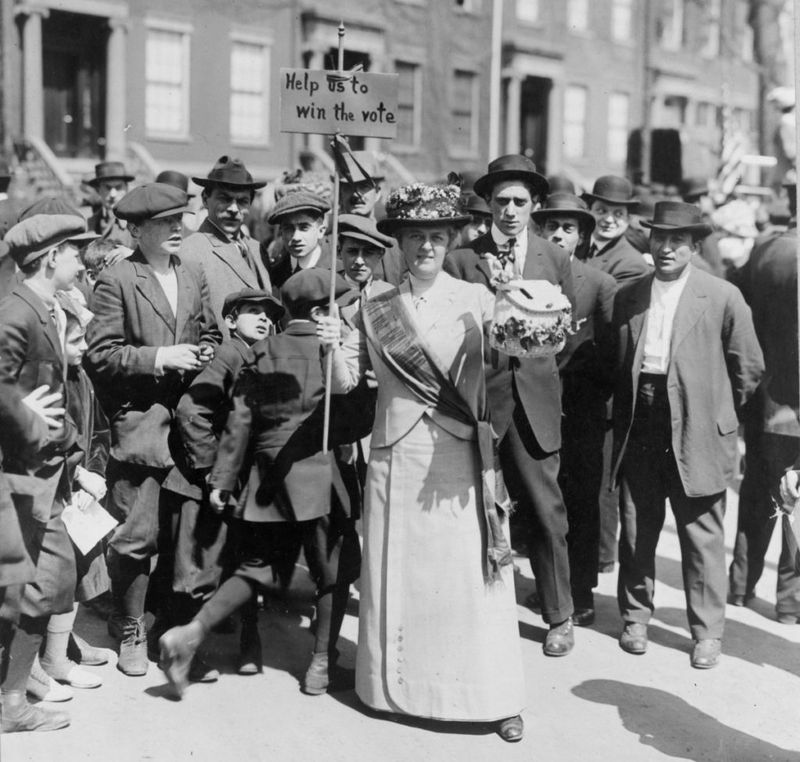
The Women’s Suffrage Movement was a decades-long fight for women’s right to vote, culminating in the 19th Amendment in 1920. This movement was driven by determined women like Susan B. Anthony and Elizabeth Cady Stanton, who advocated tirelessly for equal rights.
The struggle involved protests, legal battles, and widespread activism. The amendment’s ratification marked a significant victory for gender equality, granting women the right to participate fully in democracy. The legacy of the suffrage movement inspires continued efforts toward gender equality and empowerment, recognizing the voices and contributions of women throughout history.
The Stock Market Crash (1929)
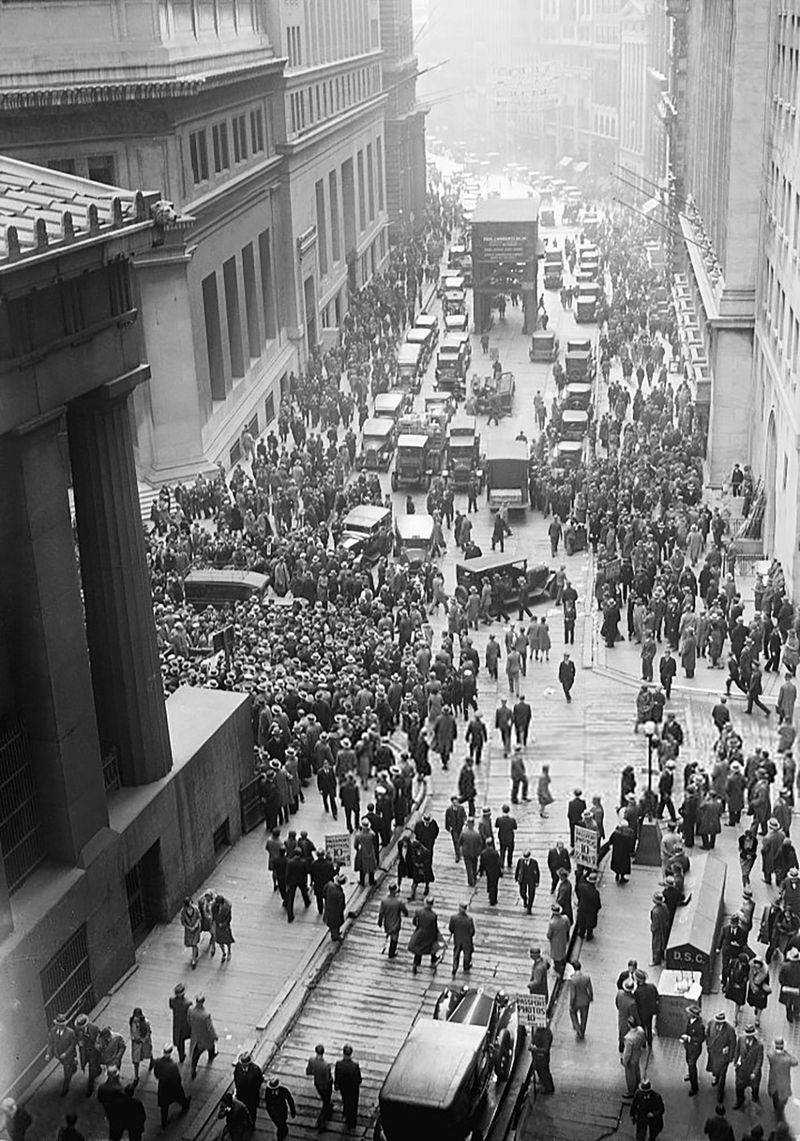
The Stock Market Crash of 1929 was a catastrophic event that heralded the Great Depression. It was marked by a dramatic decline in stock prices, leading to widespread financial turmoil. Investors faced massive losses, and confidence in the economy plummeted.
Banks failed, businesses closed, and unemployment soared. The crash exposed weaknesses in the American financial system, prompting reforms and the establishment of regulatory bodies. The lessons learned from this crisis led to significant changes in how the economy was managed, influencing future financial policies and practices globally.
The New Deal (1933-1939)
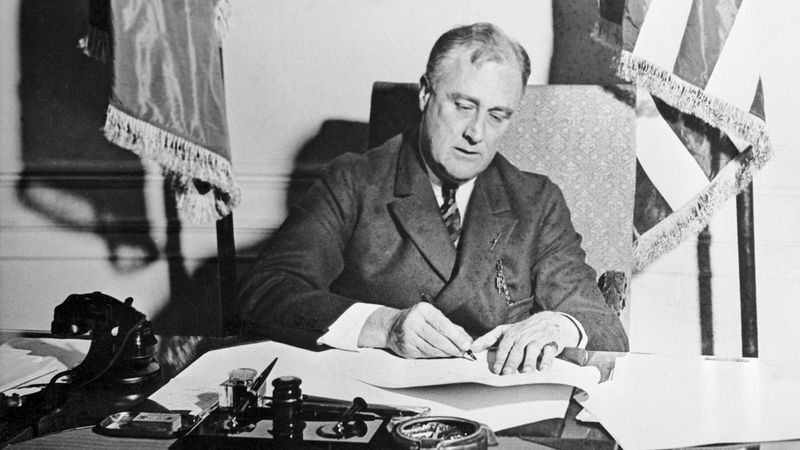
The New Deal was a series of programs and reforms initiated by President Franklin D. Roosevelt in response to the Great Depression. Launched in the 1930s, its goal was to provide relief, recovery, and reform to a struggling nation.
Key initiatives included Social Security, labor rights, and infrastructure projects that created millions of jobs. The New Deal reshaped the American government’s role in economic and social life. It established a safety net for citizens and laid the foundation for modern welfare states, fundamentally altering the relationship between government and the people.
The Attack on Pearl Harbor (1941)
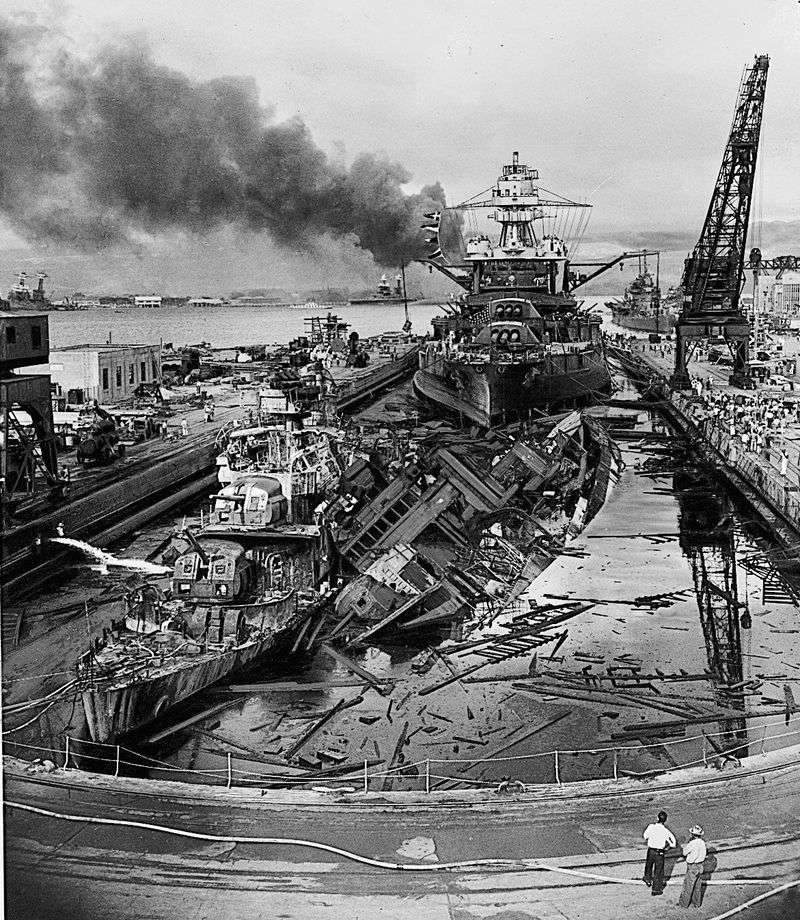
On December 7, 1941, the Japanese attack on Pearl Harbor shocked the United States and propelled it into World War II. This surprise military strike targeted the U.S. naval base in Hawaii, causing massive destruction and loss of life.
The attack catalyzed the nation’s entry into the global conflict, uniting Americans and marking the end of isolationist policies. President Franklin D. Roosevelt declared it “a date which will live in infamy.” The events at Pearl Harbor galvanized the country, leading to significant military mobilization and contributing to the Allied victory in World War II.
D-Day (1944)
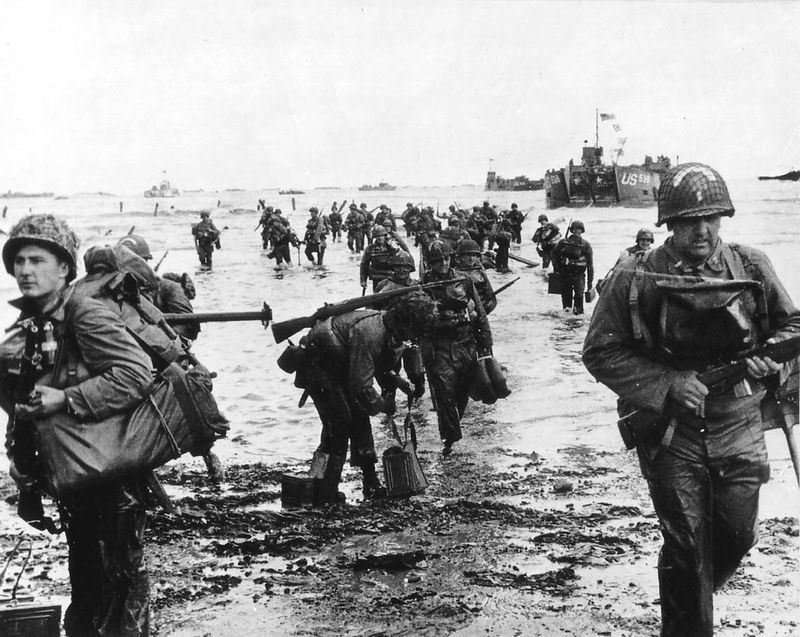
D-Day, June 6, 1944, was a pivotal moment in World War II when Allied forces launched a massive invasion of Nazi-occupied France. Known as Operation Overlord, it was the largest amphibious assault in history, involving thousands of troops landing on the beaches of Normandy.
The operation marked the beginning of the liberation of Western Europe from Nazi control. It required meticulous planning, bravery, and coordination among Allied nations. The success of D-Day was a turning point in the war, leading to the eventual defeat of Nazi Germany and the restoration of peace in Europe.
The Manhattan Project (1942-1946)
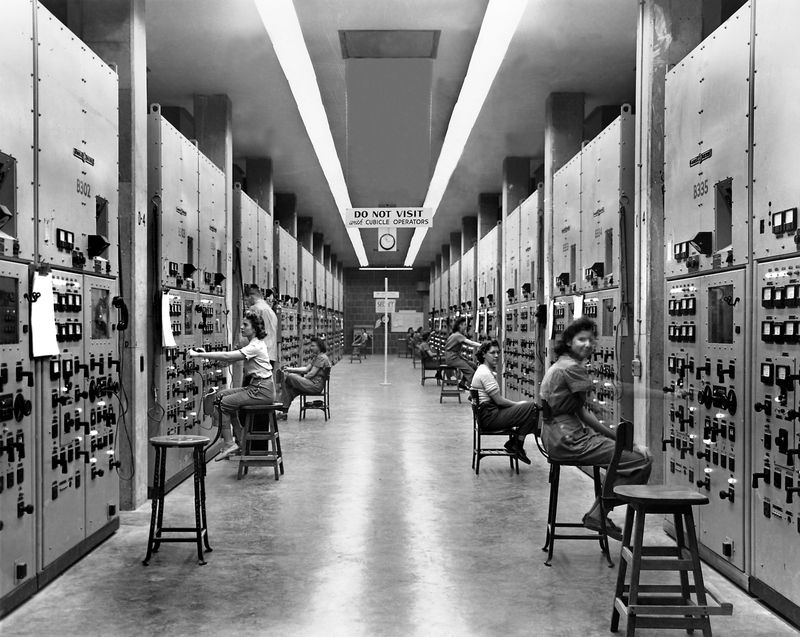
The Manhattan Project was a top-secret U.S. research initiative during World War II, aimed at developing the atomic bomb. Led by scientists like J. Robert Oppenheimer, it was a monumental scientific and engineering endeavor.
The project culminated in the successful testing of the first nuclear weapon in July 1945. The atomic bombings of Hiroshima and Nagasaki followed, leading to Japan’s surrender and the end of World War II. The Manhattan Project not only transformed warfare but also ushered in the nuclear age, sparking ethical debates and arms control efforts that continue to this day.
The Civil Rights Movement (1950s-1960s)
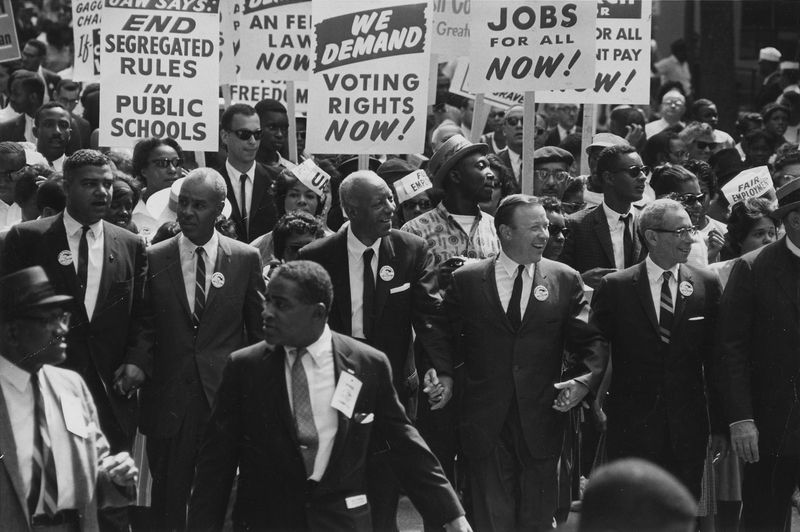
The Civil Rights Movement was a pivotal struggle for racial equality in the United States during the mid-20th century. Spearheaded by figures like Martin Luther King Jr. and Rosa Parks, it sought to end racial segregation and discrimination against African Americans.
Through nonviolent protests, legal challenges, and grassroots activism, the movement achieved landmark victories. Key events included the Montgomery Bus Boycott and the March on Washington, where King delivered his iconic “I Have a Dream” speech. The Civil Rights Movement’s achievements led to significant legislative changes, including the Civil Rights Act and the Voting Rights Act, transforming American society.
The Moon Landing (1969)
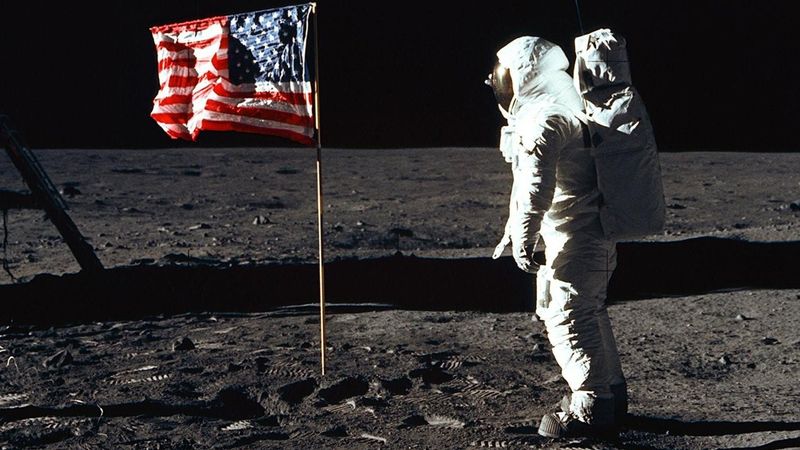
On July 20, 1969, humanity achieved an unprecedented feat: landing on the Moon. NASA’s Apollo 11 mission, with astronauts Neil Armstrong and Buzz Aldrin, marked a significant victory in the space race.
Armstrong’s words, “That’s one small step for man, one giant leap for mankind,” echoed around the world as he became the first human to set foot on the lunar surface. The mission symbolized human curiosity and technological prowess. It spurred scientific exploration and innovation, inspiring future generations to reach for the stars and emphasizing the importance of space exploration.
Watergate Scandal (1972-1974)
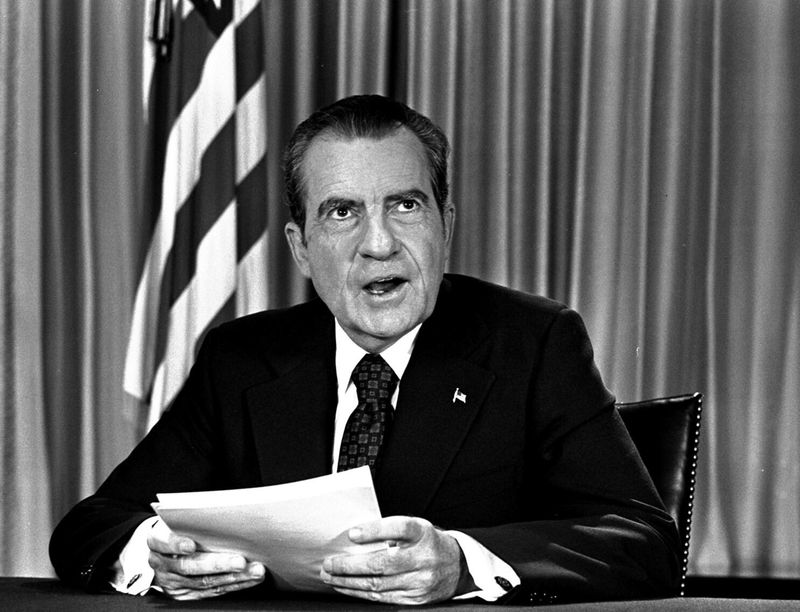
The Watergate scandal was a major political controversy in the early 1970s that shook the United States. It began with a break-in at the Democratic National Committee headquarters and escalated into a massive cover-up orchestrated by President Richard Nixon’s administration.
Investigative journalism played a crucial role in uncovering the truth, leading to Nixon’s resignation in 1974. The scandal resulted in increased public skepticism toward government and led to reforms in political transparency and accountability. Watergate’s legacy endures as a cautionary tale about the abuse of power and the vital role of a free press in democracy.
The End of the Cold War (1991)
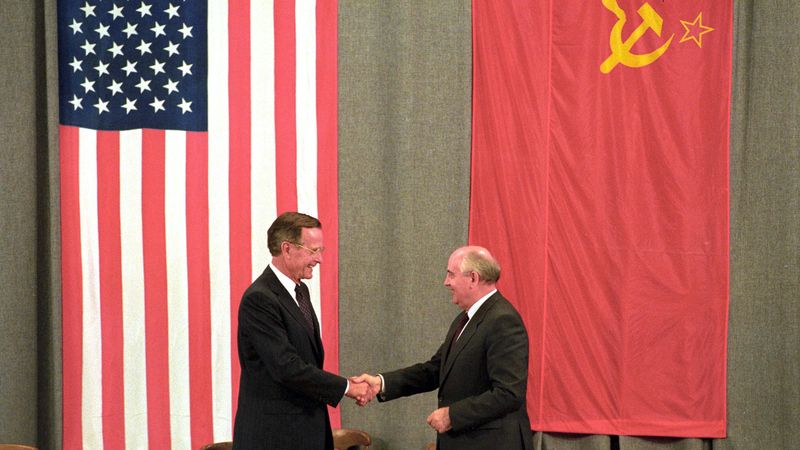
The Cold War’s end in 1991 marked a significant geopolitical shift in the late 20th century. It was a period of tension between the United States and the Soviet Union, characterized by ideological conflict and nuclear arms race.
The fall of the Berlin Wall and the dissolution of the Soviet Union symbolized the triumph of democratic ideals and capitalism. The end of the Cold War led to the spread of democracy and market economies around the globe, reshaping international relations. It was a victory for diplomacy, signaling a new era of cooperation and reduced nuclear threat.
The September 11 Attacks (2001)

The September 11, 2001, attacks were a watershed moment in American history, altering the nation’s course. Coordinated by the terrorist group al-Qaeda, the attacks targeted the World Trade Center and the Pentagon, causing nearly 3,000 deaths.
The tragic events prompted a global response and led to the War on Terror. Heightened security measures became a new normal, and the U.S. embarked on military operations in Afghanistan and Iraq. The impact of 9/11 resonates in foreign policy and civil liberties debates, highlighting the need for vigilance and resilience in the face of global threats.
The Election of Barack Obama (2008)
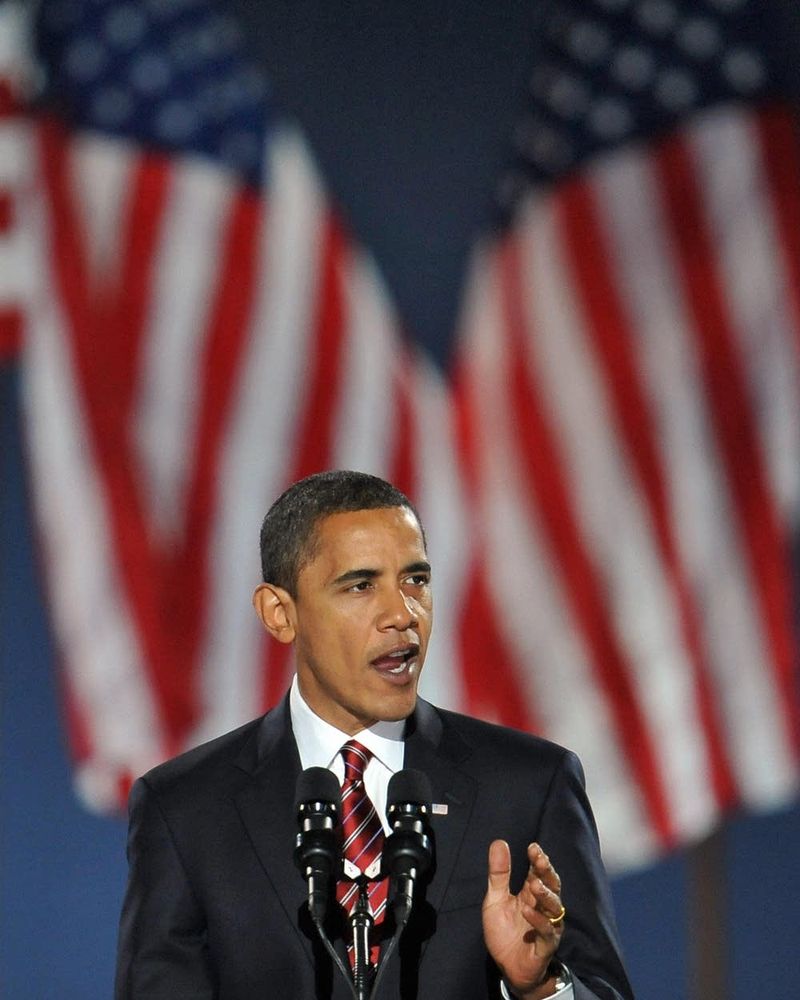
The election of Barack Obama in 2008 was a historic moment, marking the first African American to become President of the United States. His campaign resonated with themes of hope and change, inspiring a diverse coalition of voters.
Obama’s presidency brought significant policy changes, including healthcare reform and economic recovery efforts following the 2008 financial crisis. His election symbolized progress in racial equality and inspired future generations. The impact of Obama’s leadership is reflected in his commitment to diplomacy, social justice, and addressing global challenges, leaving a lasting legacy in American political and cultural life.
